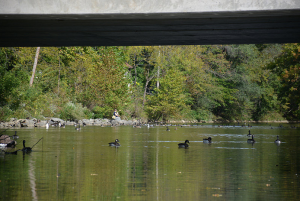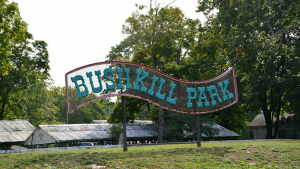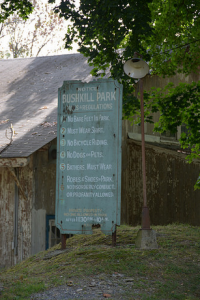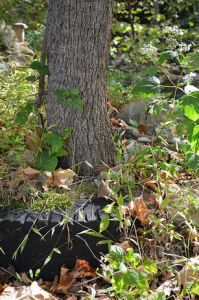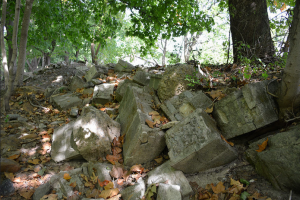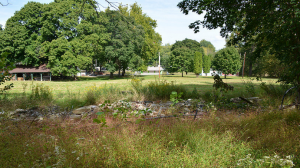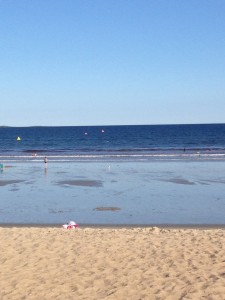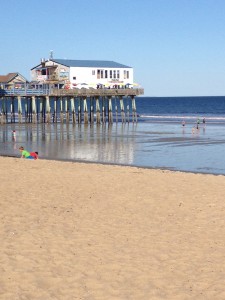“Every mountain has its steepest point, which is usually near the summit, in keeping, I suppose, with the providence that makes the darkest hour just before day. It is steep, steeper, steepest, till you emerge on the smooth level or gently rounded space at the top, which the old ice gods polished off so long ago” (Burroughs 29).
I really like this quote from Burroughs because I think it is actually a metaphor for something much greater than just the experience of hiking. The image it paints to me is this idea of a personal problem, or challenge and being able to eventually push past it and find yourself on the smooth part of the mountain. This notion also goes in line with Thoreau as it really details finding, or solving one’s self in nature.
“The ordinary citizen today assumes that science knows what makes the community clock tick; the scientist is equally sure that he does not. He knows that the biotic mechanism is so complex that its workings may never be fully understood” (Leopold 205).
I have read the land ethic before, and this quote really caught my attention this time round. The commentary, Leopold uses is beyond his time and really relates to the current problems facing society’s fight against anthropocentric climate change. This arrogant perception, or as Leopold puts it “assumption” that technology will fix everything is simply a misconception that people refuse to acknowledge. Science is always discovering new niches and information to better understand the physical world, but that does not mean we should continue putting all our eggs in one basket; that would be senseless.

